What is acne?
Acne is a skin disorder that occurs when hair follicles become clogged
by an excess of dead cells and oil . This can cause blackheads, pimples or spots, which usually appear in areas such as the face, forehead, chest, back and shoulders, and can cause discomfort, discomfort and pain .
Acne is a very common skin disorder that can cause various types of blemishes such as pimples, spots, whiteheads and blackheads. They can appear on the face, back, shoulders and other areas of the skin.
There are many ways to prevent and control acne naturally.
Causes that cause the appearance of acne
To control pimples, blackheads, and whiteheads , it is first necessary to know the causes of Acne. Acne appears when the skin pores become clogged with sebum, dead cells, and in many cases bacteria.
There are certain factors that can increase the likelihood of developing acne such as:
- Hormonal changes caused by puberty or pregnancy
- Use of specific medicines, such as birth control pills or corticosteroids
- Stress
- Genetics
- Poor diet high in fat and carbohydrates
- Improper use of products
Why do skin pores get clogged?
Each pore of the skin has a follicle, which is made up of a hair and a sebaceous gland that releases sebum (fat). The function of sebum is to lubricate the skin and keep it soft, however, when there is excessive sebum production , the pore becomes clogged and there is also an accumulation of dead cells , which alters the pH of the skin and can trigger acne.
Types of acne
There are two ways to classify the types of acne, depending on the time of year in which they appear and the characteristics they present.
As for the time in which it appears, it can be:
- Pubertal acne : occurs in adolescents, in most cases between the ages of 15 and 18 .
- Late onset acne : This occurs from the age of 25 onwards , and most of those who suffer from it are women due to certain hormonal changes.
According to the characteristics they present are:
- Mild acne : characterized by the presence of blackheads, pimples and red spots.
- Moderate acne : presence of clogged and open pimples, and the skin may become red and inflamed.
- Severe acne : high presence of pimples, which can group together and form nodules and cysts (these are another type of subcutaneous lesions).
How to prevent acne?
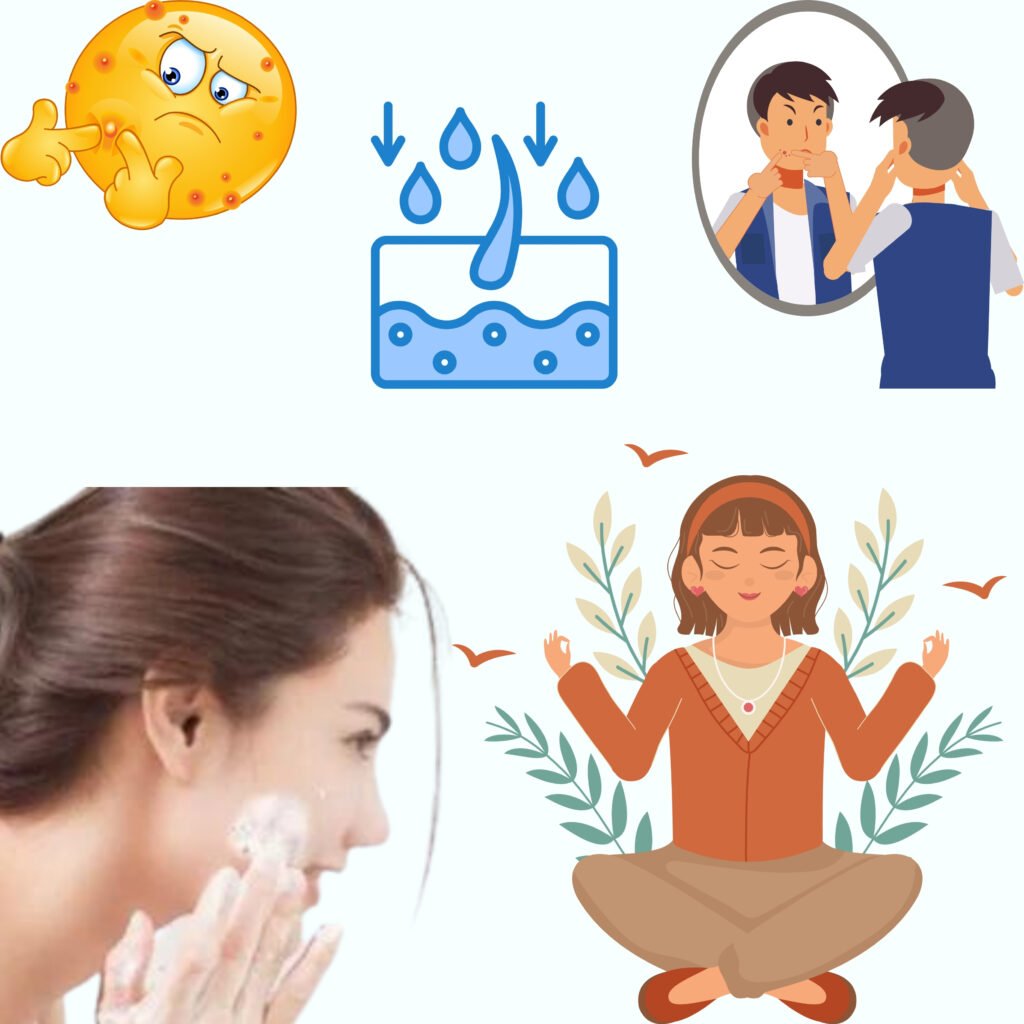
To reduce acne , it is important to control the appearance of new breakouts. The following tips can help protect you against acne and reduce the number of pimples or blackheads.
- Wash your face twice a day.
- Avoid direct contact with skin.
- Avoid rubbing with exfoliating brushes and towels to avoid irritation.
- Keep your hair clean so that dirt does not reach your skin.
- Change your pillowcase at least once a week to prevent dirt from causing breakouts.
- Reduce sugars and fats.
- Use oil-free sunscreen.
- Avoid skin products that contain oil.
- Avoid excessive exfoliation.
- Reduce your stress level and therefore your cortisol level ( acne trigger ).
- Change your mask daily, preferably use a surgical mask.
- Perform a deep facial cleansing at least once a month.
- Keep your skin hydrated.
- Do not squeeze or pop pimples, this can cause inflammation and scarring.
- Find a specialized treatment for your skin type.
How to reduce acne naturally?
Below we tell you what you can do to control acne naturally :
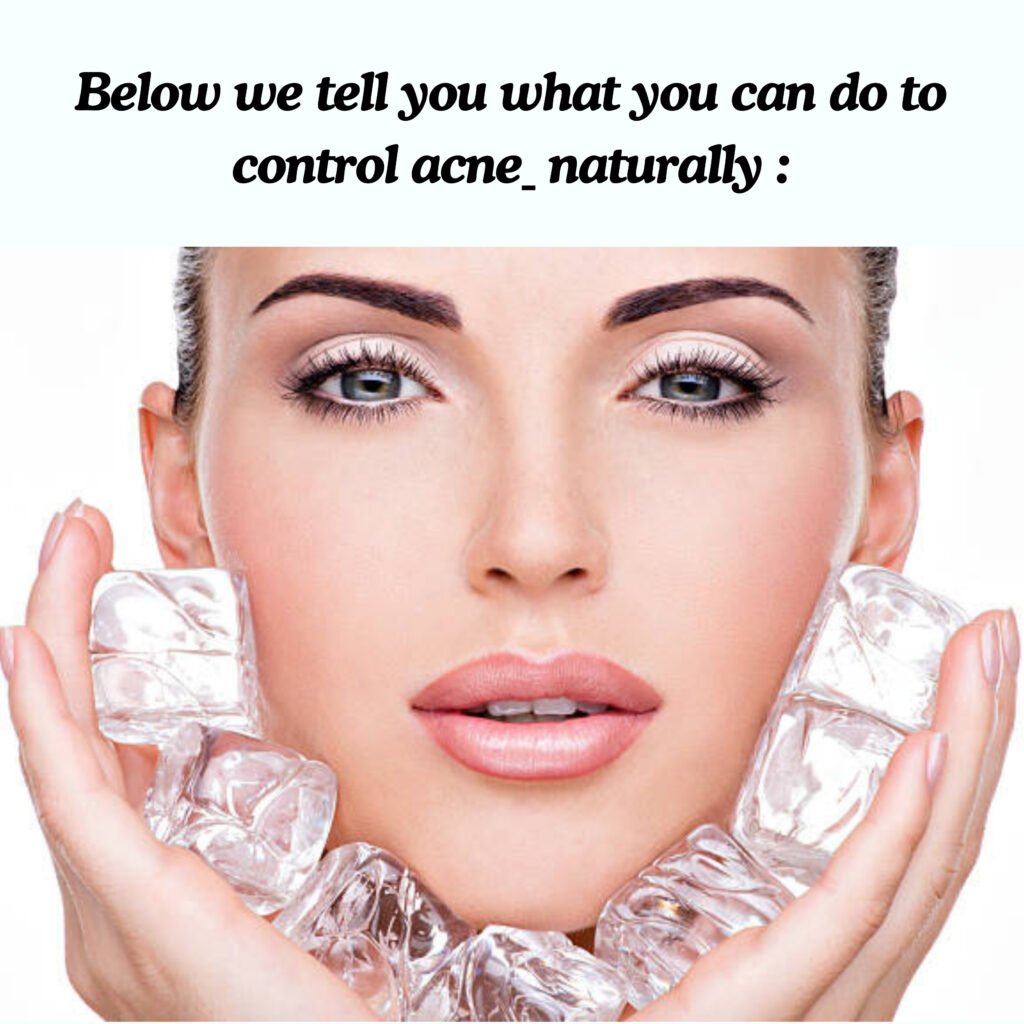
- Apply ice to reduce inflammation and pain.
- Use green tea to reduce fat production and reduce inflammation.
- Moisturize with aloe vera.
- Exfoliate your skin with oatmeal, milk or honey.
- Don’t touch acne , avoid infections and scars.
- Use products that regulate pH, control fat and hydrate.
It is important to know that controlling acne is a process of prevention and control , and it is necessary to identify the causes (hormonal, genetic, etc.) and the degree and type of acne (vulgar, severe, cystic, etc.) to obtain better results .
Finally, we recommend that you seek out a skin specialist who will identify your type and degree of acne , and suggest a personalized acne treatment. Remember that treating it in time will prevent it from getting worse and causing irreversible consequences.
Acne and diet: the best natural treatment
We are going to focus on this last aspect and we are going to explain how an acne diet can help you improve your skin and prevent breakouts. In addition, we will provide a super list of foods to avoid and
not to be eaten for acne.
The relationship between the intestine and acne
The intestine not only has a digestive function, but also an immunological function, as it is home to a large number of microorganisms that make up the intestinal microbiota. The intestinal microbiota can influence our metabolism, our digestion, our absorption of nutrients, our defence against infections, our production of hormones and neurotransmitters and our regulation of appetite and mood.
When the intestinal microbiota is balanced and diverse, it is said that there is eubiosis, which means that there is a good balance between beneficial and harmful microorganisms. However, when the intestinal microbiota is unbalanced or impoverished, it is said that there is dysbiosis, which means that there is a predominance of harmful or pathogenic microorganisms.
The gut can have a negative impact on acne if there is dysbiosis or an imbalance in the gut microbiota. This can occur for a number of reasons, such as a diet low in fibre and high in sugars and fats, prolonged use of antibiotics or other medications, intestinal infections or chronic stress.
Intestinal dysbiosis and acne
Dysbiosis can affect acne in several ways:
- Increasing inflammation : Dysbiosis can cause a disruption in the intestinal barrier, allowing toxic or allergenic substances to pass into the bloodstream. This can trigger a systemic inflammatory response that can reach the skin and cause acne to appear or worsen.
- Altering hormones : Dysbiosis can affect the production or metabolism of some hormones that can influence acne, such as androgens, estrogens or insulin. Androgens are male hormones that stimulate sebum production and pore clogging. Estrogens are female hormones that have a protective effect on the skin. Insulin is the hormone that regulates blood glucose levels and can increase inflammation and sebum production.
💥 Dysbiosis can increase androgens, decrease estrogens, or cause insulin resistance, which can promote acne.
- Changing mood : Dysbiosis can affect the production or metabolism of certain neurotransmitters that can influence mood, such as serotonin, dopamine or GABA. This can lead to anxiety, depression or stress. And we have already talked about how stress can promote acne.
Diet can have a positive impact on acne if there is eubiosis or a balance in the intestinal microbiota . This can be achieved with a healthy and balanced diet, as we will see below, with the prevention and treatment of intestinal infections and with stress management.
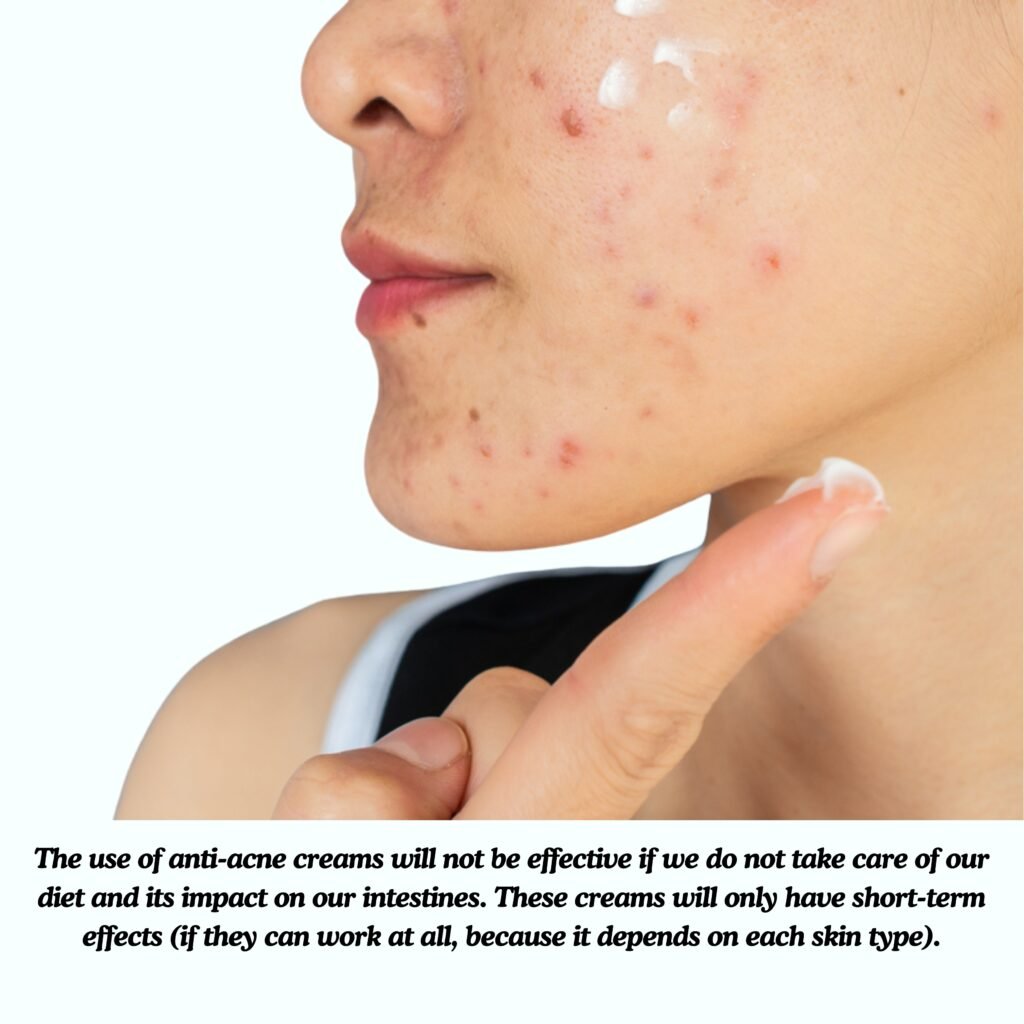
Foods to avoid with acne
There are some foods that can make acne worse or promote the appearance of acne. These are some of the foods to avoid if you have acne:
- High glycemic index foods : These are foods that cause a rapid increase in blood glucose, which stimulates the production of insulin and other hormones that can increase inflammation and sebum secretion. Some examples are sugar, white flour, white rice, potatoes, sweets, soft drinks and industrial juices.
🍫 High glycemic index, increased glycemic load and carbohydrate intake have a pro-acnegenic effect. It promotes the appearance of acne and makes it difficult to control.
- Dairy : Some studies suggest that milk consumption may be linked to acne, especially in women. This is because dairy contains hormones that can disrupt hormonal balance and promote sebum production. Additionally, some dairy products are high in saturated fats that can increase inflammation.
🐄 There are scientific studies that have determined how the consumption of milk, even skimmed milk, increases the appearance of acne. In fact, in 2023, it was published that dairy components, such as whey and dairy casein, can increase insulin levels and access to androgen receptors, which contributes to the development of acne.
Say goodbye to fats to eliminate acne
- Trans and saturated fats : These are the fats that are most harmful to your health and also to your skin. They are mainly found in processed, fried foods or industrial baked goods. These fats can increase bad cholesterol, inflammation and oxidative stress, which can damage skin cells and promote acne.
- Alcohol : Excessive alcohol consumption can negatively affect the health of the skin for several reasons. On the one hand, alcohol dehydrates the body and the skin, which can cause dryness, irritation and peeling. On the other hand, alcohol can alter the functioning of the liver, which is the organ responsible for removing toxins from the body. This can cause a build-up of impurities in the skin and promote acne.
- Chocolate : This is one of the most controversial foods when it comes to acne. Some people believe that chocolate causes pimples, while others deny it. The truth is that there is no definitive answer, as it depends on the type of chocolate and the amount consumed. Dark chocolate with a high percentage of cocoa can have benefits for the skin due to its antioxidant content, but milk or white chocolate can be harmful due to its high sugar and fat content. Although both have been associated with an increase in acne if consumed regularly.
Foods you should include in your diet if you have acne
Just as there are foods that can make acne worse, there are also others that can help improve skin health and prevent breakouts. Here are some of the foods that are allowed if you have acne:
- Low glycemic index foods : are those that cause a moderate increase in blood glucose, which prevents insulin spikes and hormonal changes. Some examples are fruits, vegetables and nuts.
- Foods rich in omega-3 : These are essential fatty acids that have anti-inflammatory and antioxidant properties, which can help reduce redness, swelling and cell damage caused by acne. They are mainly found in oily fish, such as salmon, tuna, sardines or mackerel, and also in flax, chia or hemp seeds.
- Foods rich in zinc : Zinc is a mineral that is involved in wound healing, hormone regulation and immune system defence. Its deficiency can be related to acne, so it is important to include foods that contain it, such as oysters, seafood, beef, chicken, turkey and eggs.
Add vitamins to your diet
- Foods rich in vitamins A, C and E : These vitamins have an antioxidant effect that protects the skin from oxidative stress and promotes the production of collagen and elastin, which improves the elasticity and firmness of the skin. In addition, vitamin A also helps regulate sebum production and prevent clogged pores. Some foods that contain these vitamins are carrots, spinach, broccoli, tomatoes, citrus fruits, kiwis, strawberries, berries, avocados and nuts.
- Probiotic foods : These are foods that contain live microorganisms that benefit gut and immune system health. This can help prevent bacterial infections that can cause acne. Examples include natural yogurt, kefir, sauerkraut, kimchi, or kombucha.
Examples of foods for an acne diet
Below we show you several examples of foods for an acne diet that are beneficial for the care of your skin and your digestive system:
- Breakfast: examples that you can have to taste, such as natural Greek yogurt, kefir, almond or soy milk, feta cheese, natural fresh cheese, red fruits, nuts, an omelette of your choice, green or white tea infusions, etc.
- Food: classic examples such as a lettuce salad or different varieties with tomato, grated carrot, fresh cheese and chia seeds; or a grilled salmon or hake fillet with lemon and parsley, a beef stew with vegetables, grilled beef or pork fillets with brown rice. And for dessert, fruit, kefir or natural yogurt.
- Dinner: a cream of zucchini with fresh cheese or ham, scrambled eggs with mushrooms, a grilled chicken fillet with vegetables, a tomato salad with tuna and cucumber.
What drinks can I have if I have acne?
It is best to drink mineral or filtered water to stay well hydrated and eliminate toxins from the body. You can also drink herbal teas that have cleansing, anti-inflammatory or soothing properties, such as green tea, chamomile, mint or horsetail. Avoid alcoholic beverages, sugary soft drinks and industrial juices.
What supplements can I take if I have acne?
In some cases, it may be helpful to take nutritional supplements that provide nutrients that may be lacking or that can help improve acne. However, you should always consult with your doctor or nutritionist before taking any supplement to avoid possible contraindications or interactions with other medications. Some supplements that may be beneficial are:
- Evening primrose oil: contains gamma-linolenic acid (GLA), an omega-6 fatty acid that has anti-inflammatory properties
- Borage oil: also contains GLA and has a similar effect to evening primrose oil.
- Fish oil: provides omega-3 fatty acids that have anti-inflammatory and antioxidant properties.
- Zinc: helps with skin healing and hormonal regulation.
- Vitamin A: helps regulate sebum production and prevent clogged pores.
- Vitamin C: helps collagen formation and protects the skin from oxidative damage.
- Vitamin E: Helps improve skin elasticity and firmness and prevent acne scars.
A healthy lifestyle will help you reduce and combat acne
Acne is a skin condition that can affect you both physically and emotionally. Although there is no definitive cure, it can be improved with proper treatment and healthy habits. Diet is one of the factors that can influence the development of acne, so following an acne diet can be a good way to prevent breakouts and improve skin health. Remember to avoid foods that can make acne worse, such as sugars, trans and saturated fats, dairy products or alcohol, and include foods that can help improve acne, such as fruits, vegetables, whole grains, oily fish or probiotics. Also, don’t forget to take care of your skin with good hygiene, hydration and sun protection, as well as managing stress and getting enough sleep.
Do you have any questions about the relationship between acne and diet?
Write a comment and we will respond as soon as possible!
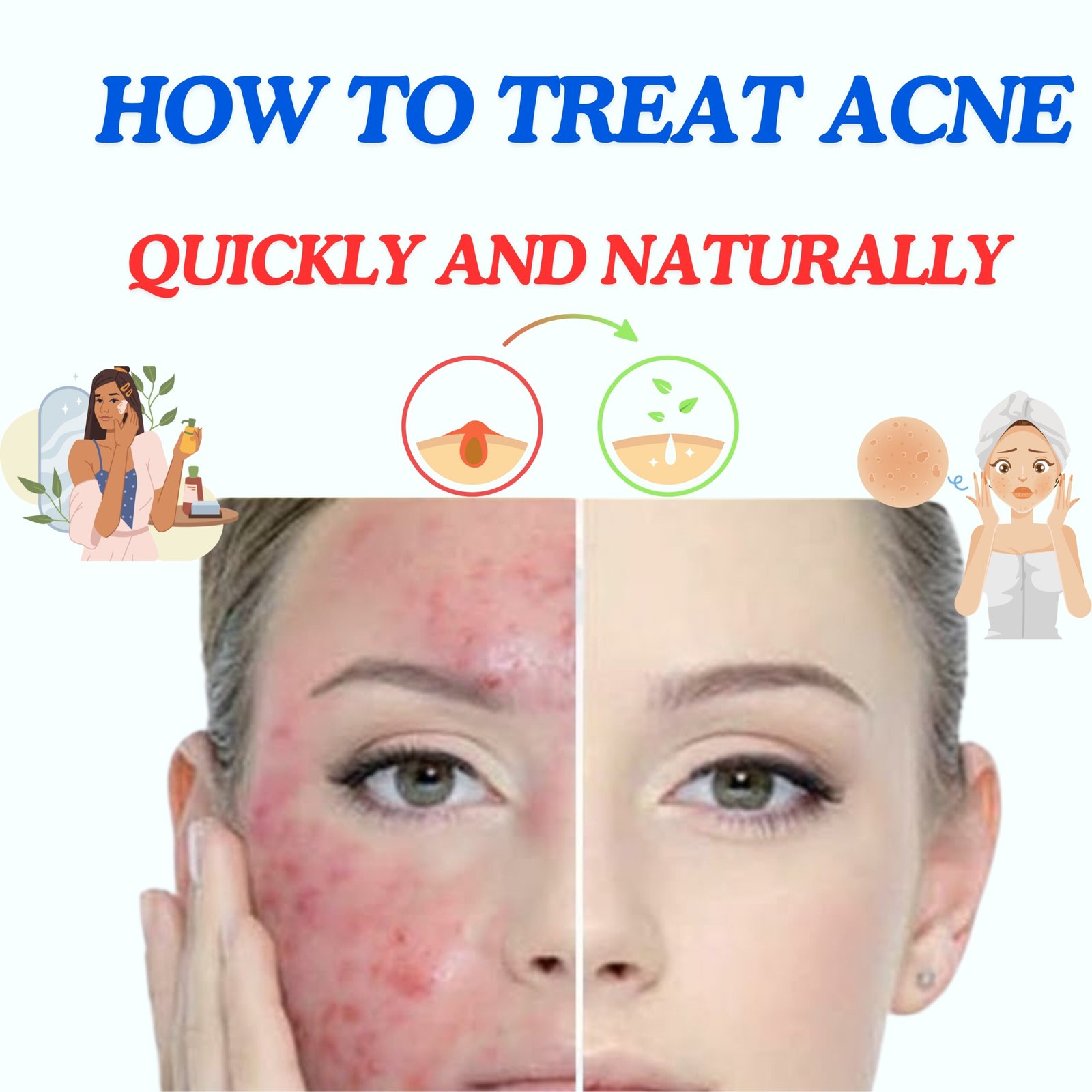
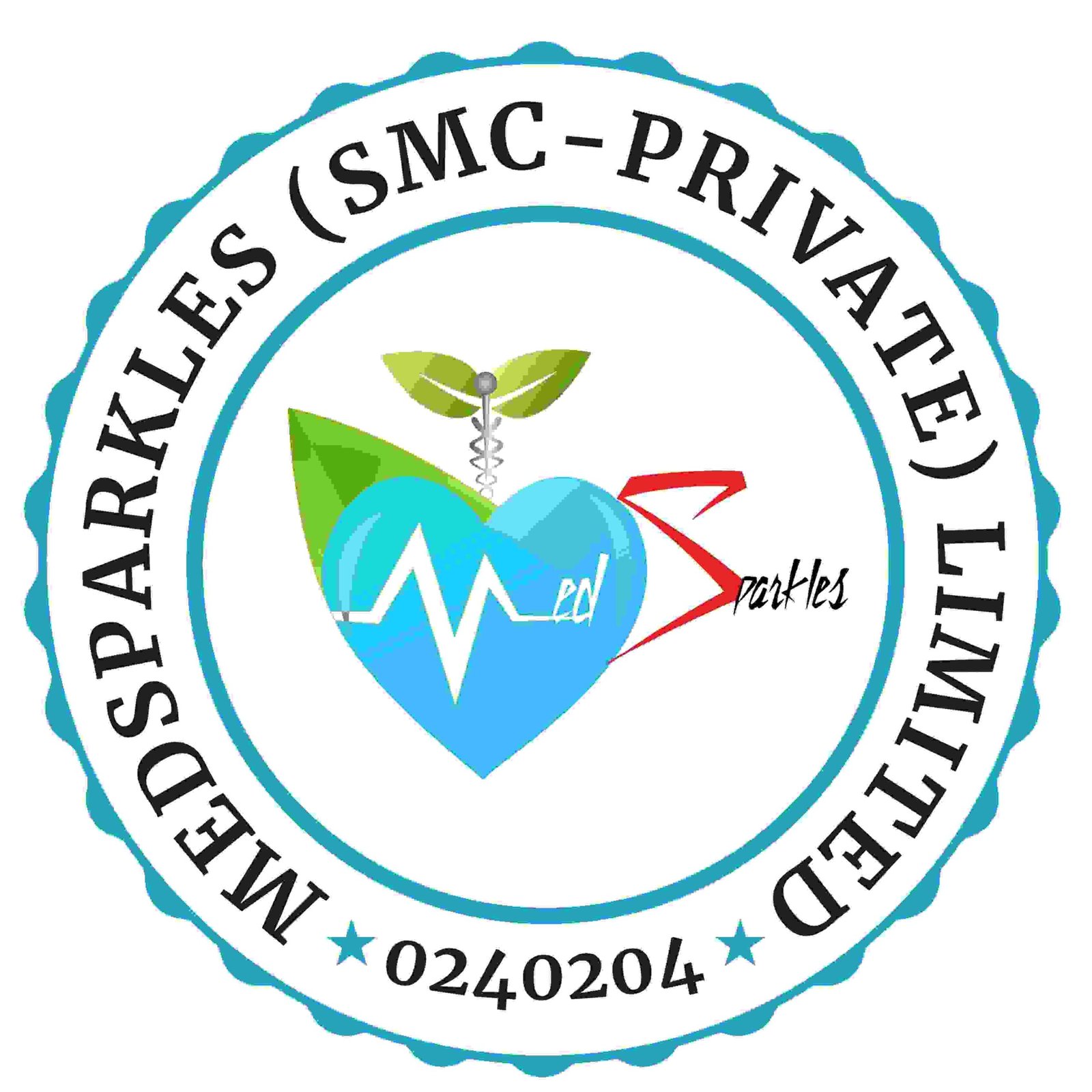
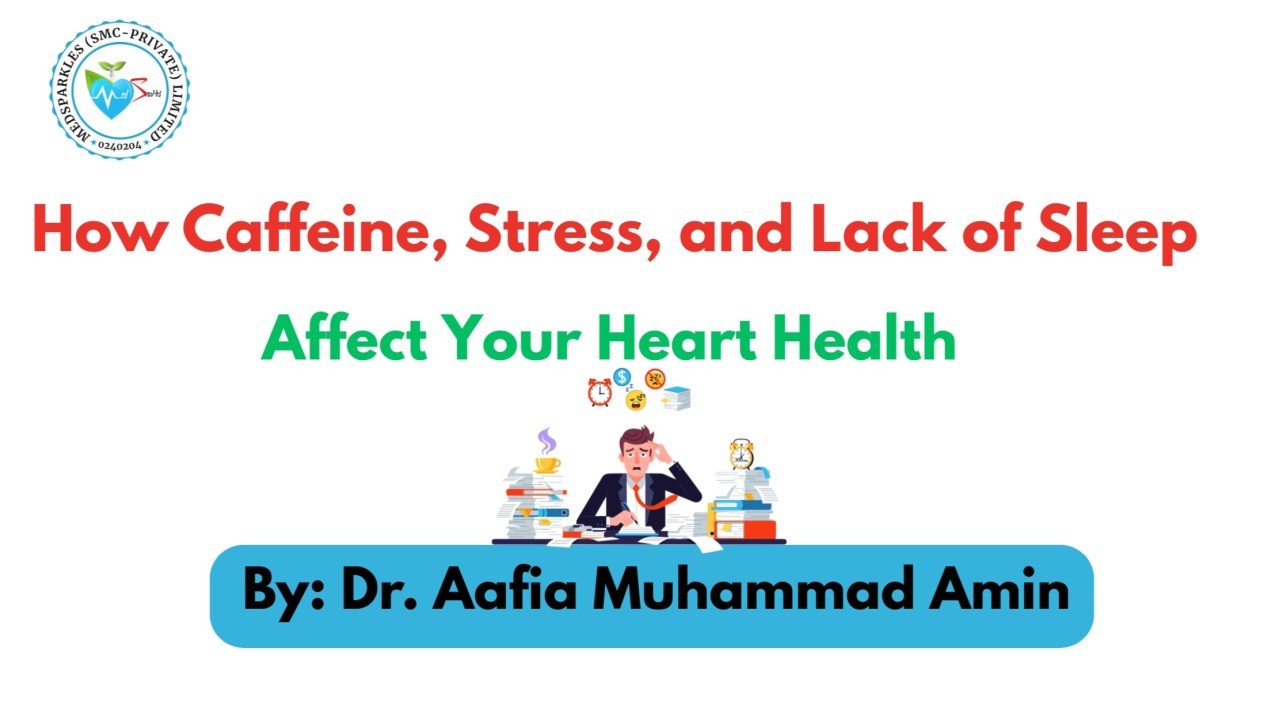
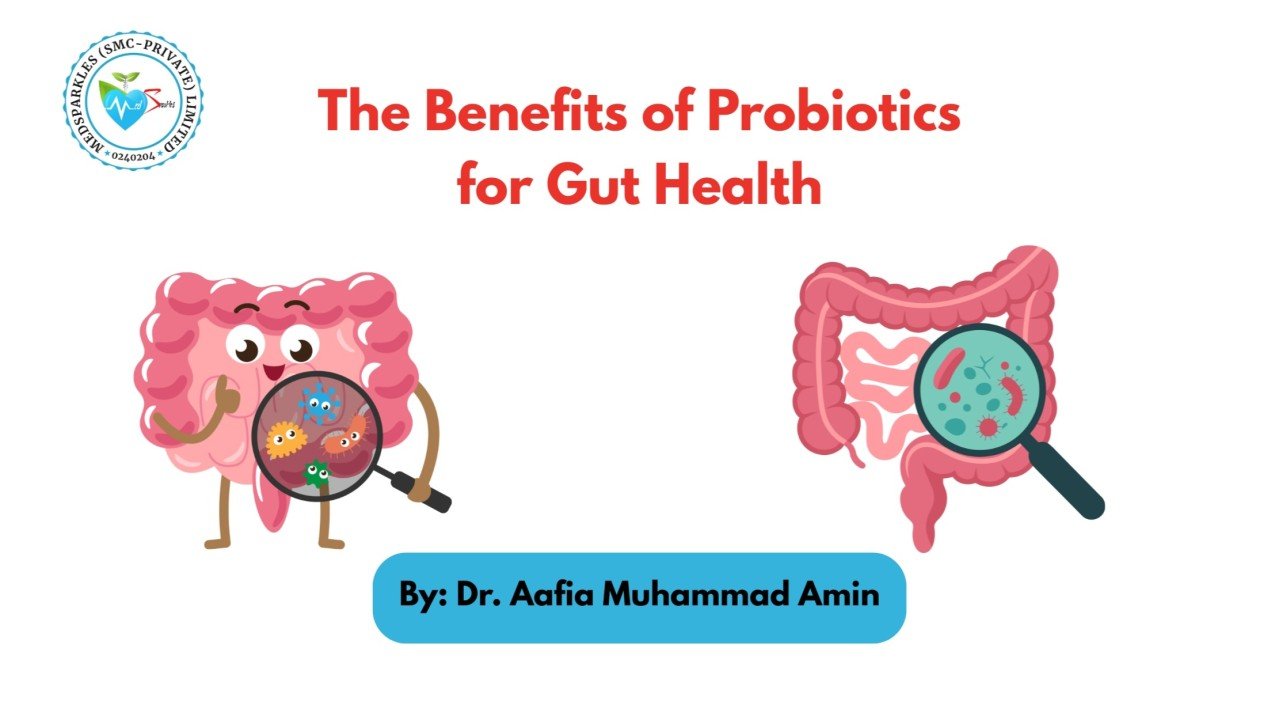
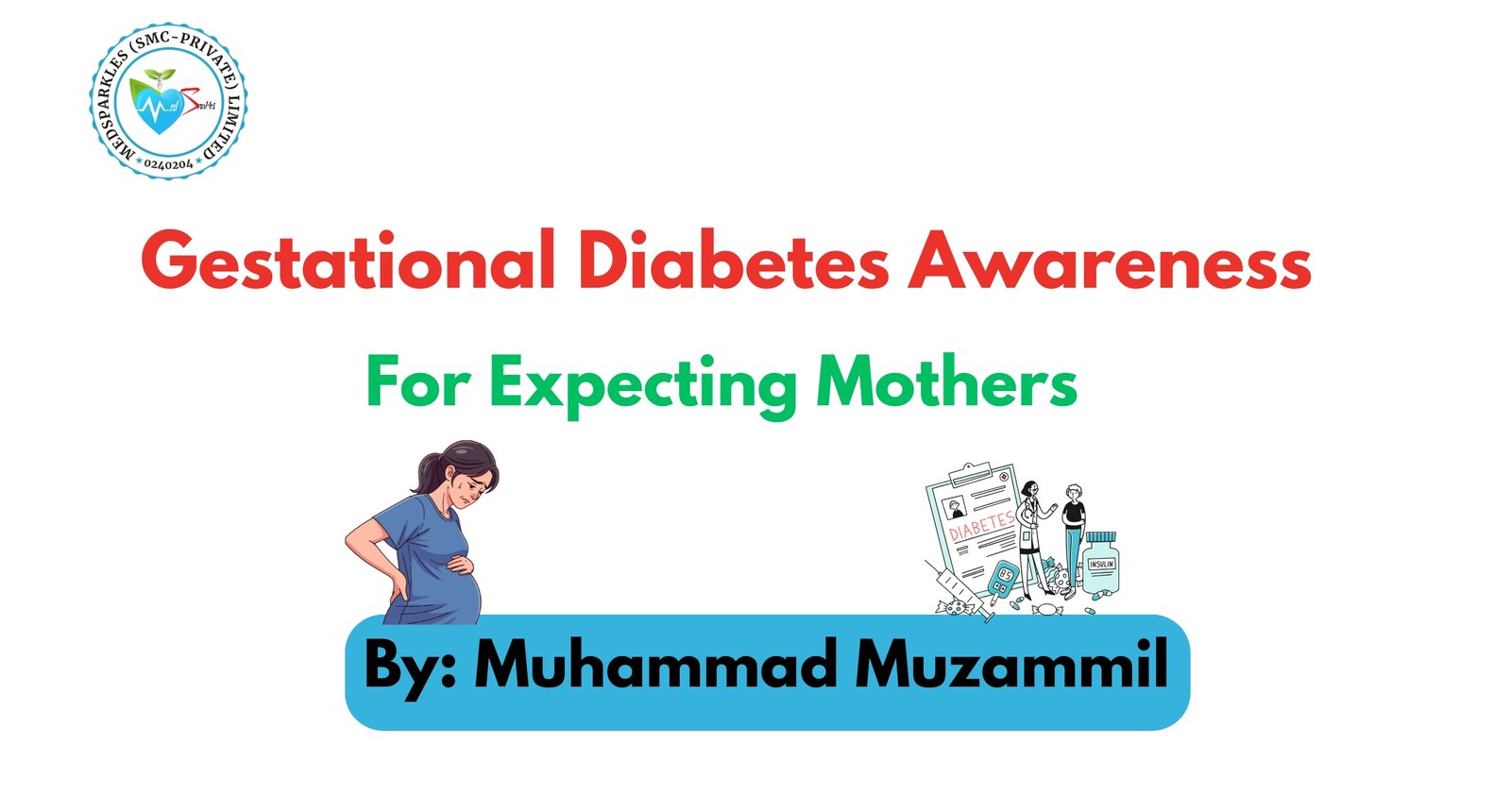
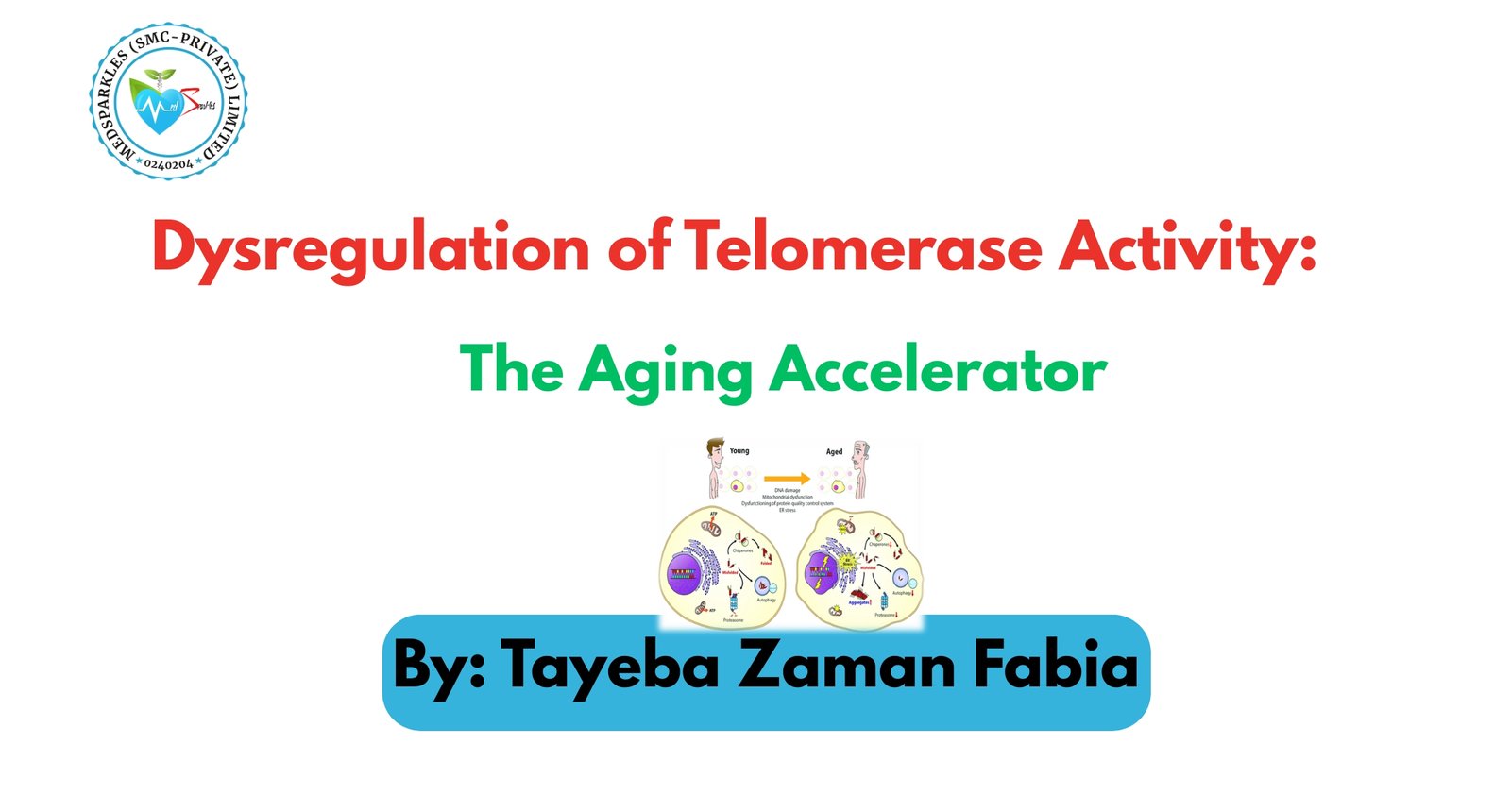
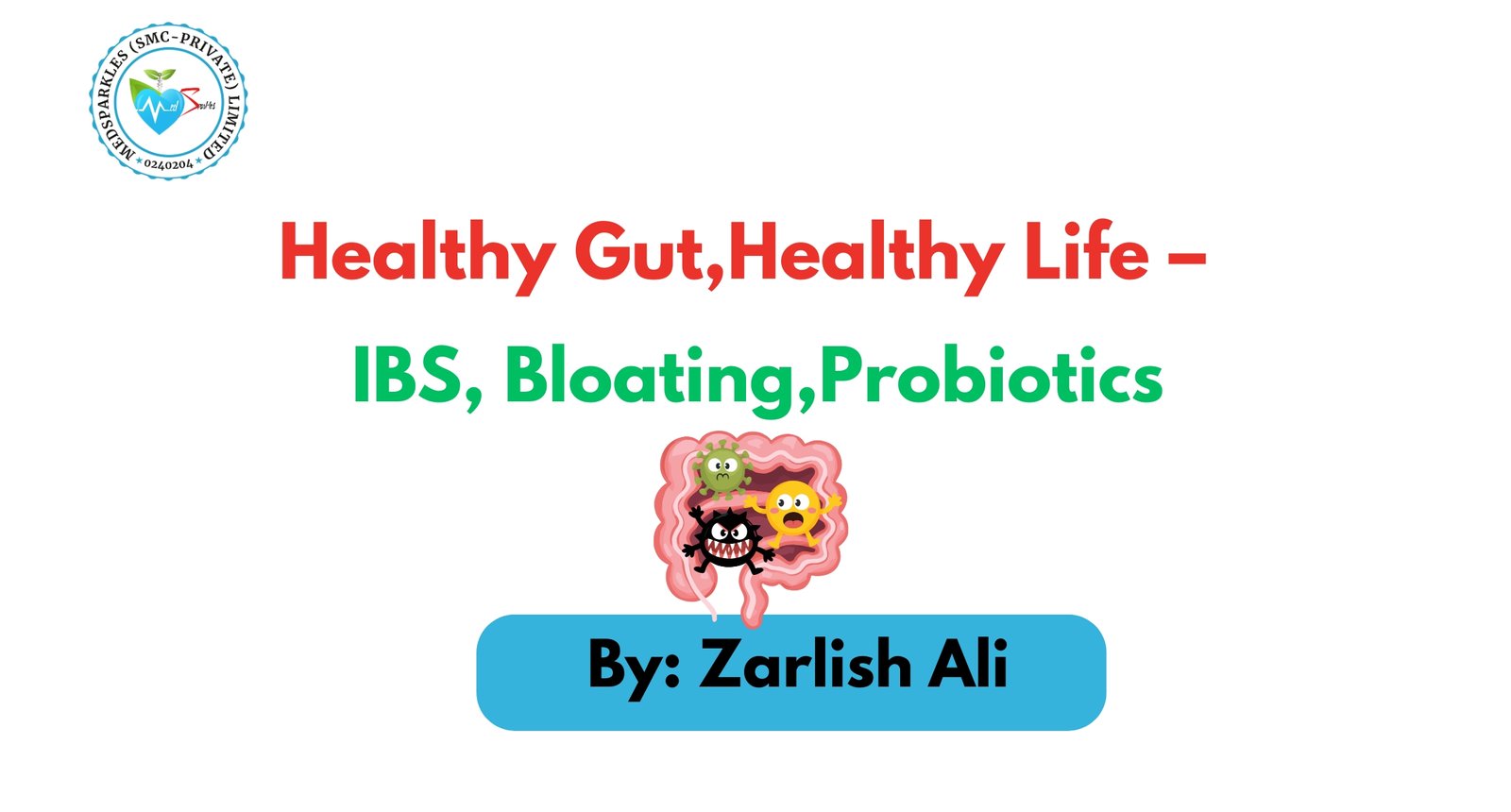
2 Comments.
It’s awesome 👍